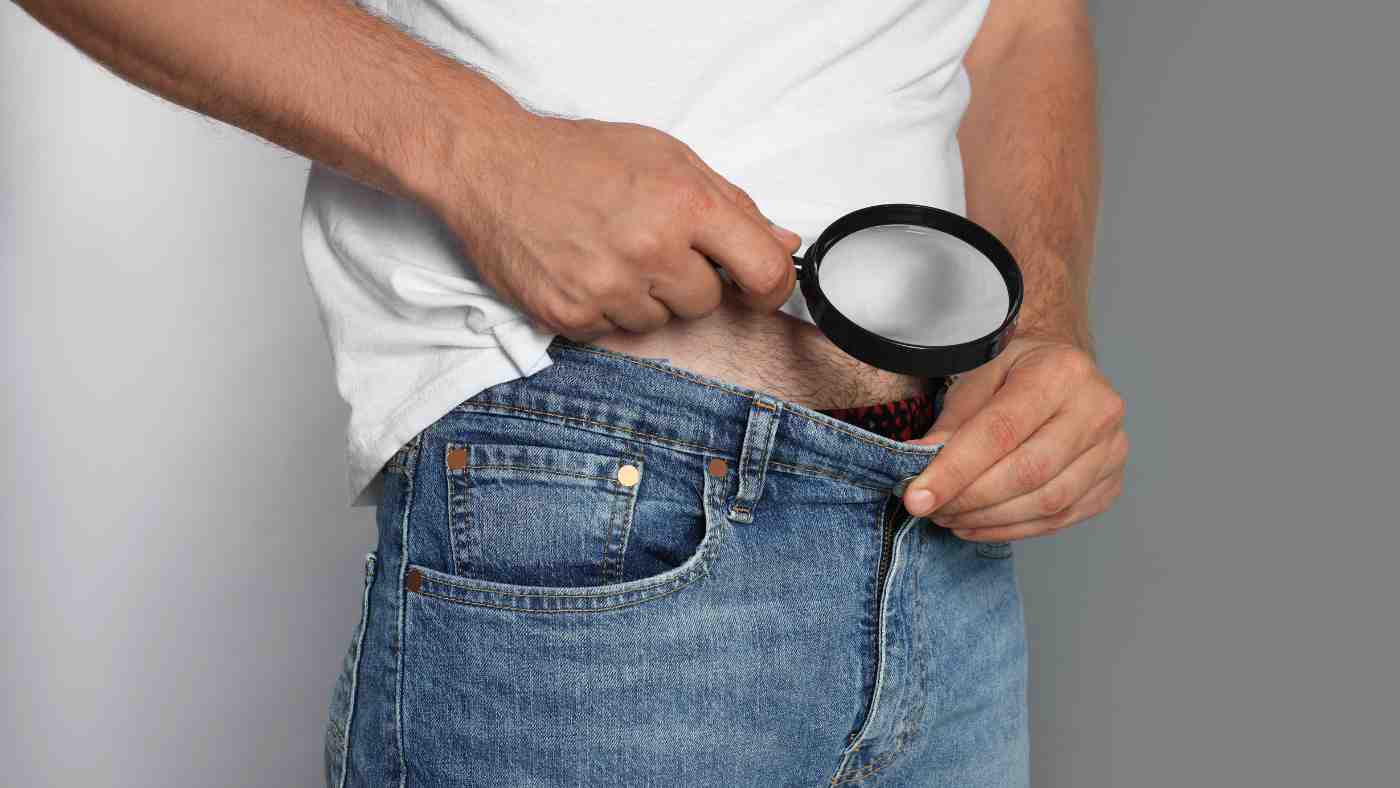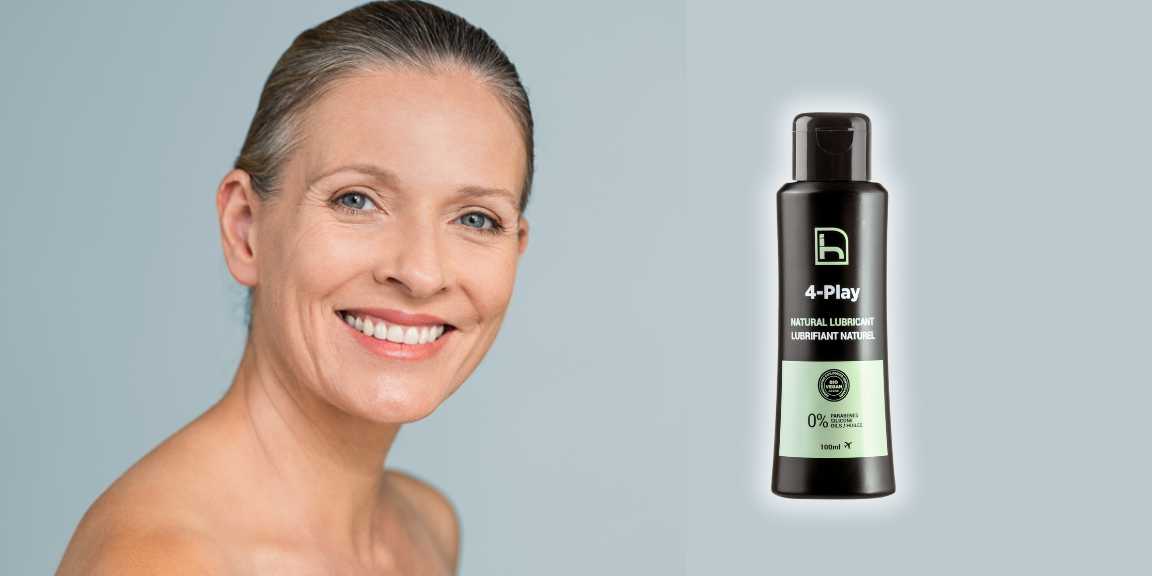Article: Fungus in Men's intimate area: Causes and how to treat them

Fungus in Men's intimate area: Causes and how to treat them
Fungi in the men's intimate area are a source of itching, discomfort and general discomfort.
In this article, we explore the underlying causes of fungus in the intimate area, as well as the symptoms you should be aware of and the essential measures to treat it.
In addition, we provide you with valuable information about the best treatments , possible natural remedies such as essential oils, always keeping in mind that you must have adequate intimate hygiene before applying any product to treat fungi in the intimate area.
Since intimate hygiene is not trivial, it is vital to use a specific intimate wash for men , which is formulated without sulfates and without other chemical ingredients that may be too aggressive.
Continue reading below to discover the best intimate hygiene gel option for men.
Causes and Symptoms of Fungus in the Male Intimate Area
Candidiasis Fungi
As indicated by experts from the Mayo Clinic, men can also contract candidiasis fungus in the intimate area.
Excess humidity, heat, and imbalance in bacterial flora can encourage fungal growth, resulting in itching, redness, and discharge.
Tinea Cruris Infection
Ringworm, also known as tinea cruris, is a common fungal infection in the groin area. The fungi responsible are similar to those that cause athlete's foot and can spread through warm, moist skin in the groin and thighs.
Candidiasis balanitis
Balanitis, an inflammation of the glans, can be caused by fungi of the genus Candida. In addition to itching and redness, there may be swelling and pain in the head of the penis.
Erythrasma
This type of skin infection is caused by the bacteria Corynebacterium minutissimum, but can be confused with a fungal infection due to similar symptoms, such as redness and irritation in the groin and skin folds.
Symptoms to Observe
Symptoms include intense itching in the intimate area, redness, skin rashes, burning when urinating, and a general feeling of discomfort in the intimate area.
These symptoms should not be ignored and require immediate attention.
Actions to Take and Avoid in Case of Symptoms
To do
- Professional Consultation : If you experience symptoms, go to a specialized doctor or dermatologist for a precise diagnosis, or consult your pharmacy.
- Intimate hygiene : Use an intimate wash for men before applying any treatment. This helps eliminate unwanted elements such as sweat, bad odors, or unwanted bacteria and the skin in your intimate area will be prepared to better absorb the treatments.
- Washing underwear: Wash your underwear regularly with very hot water.
What to Avoid
- Self-medication: Do not use products without the supervision of a professional. This could make the situation worse or cause allergic reactions.
- Intimate relationships: If you have fungus in the intimate area, avoid any intimate contact until they have disappeared.
Effective Treatments for Fungus in the Male Intimate Area
1. Use of an intimate wash for men
Just using an intimate wash will not be enough to get rid of the fungus. However, the use of an intimate wash is essential before applying your treatment, whether it is a cream, oil or ointment.
The intimate gel that you should use must be formulated for the pH of the men's intimate area.
In addition, your intimate wash should not contain sulfates or other cleaning agents that are too aggressive for the intimate area.
Finally, it should not contain petroleum derivatives, such as silicones, nor a long list of ingredients to avoid.
It is best to use a 100% natural intimate wash and if possible, an organic certified one, like our Downstairs Fresh.
Remember that before applying your fungal treatment in the intimate area, you must perform intimate hygiene with an appropriate intimate wash.
Our Downstairs Fresh is formulated for the entire men's intimate area, including the foreskin and the glans.
2. Topical anti-fungal treatments
Go to your doctor for a proper diagnosis and to prescribe the best treatment, and to your pharmacy to obtain your anti-fungal treatment.
The most common treatments are those that are applied topically, that is, creams or ointments that are applied to the affected area for a few days, until the fungi disappear.
3. Essential Oils
There are several essential oils with antifungal properties. The best known is tea tree oils (whose scientific name is "malaleuca alternifolia").
You can dilute a few drops of tea tree oil in a vegetable oil (for example, sunflower oil or olive oil) and carefully apply the mixture to the area affected by the fungus.
As a vegetable oil, coconut oil is also said to possess antifungal properties.
The use of essential or vegetable oils should in no case replace the use of the treatment prescribed by a doctor.
That is, the use of an antifungal essential oil such as tea tree should always be used as an adjuvant to medical treatment, and/or at a preventive level, and never as a remedy in itself.
4. Natural Remedies
There are portals that recommend natural yogurt and garlic because they have antifungal properties. We do not recommend the use of these home remedies in the intimate area.
It is best that you put yourself in the hands of a doctor and apply the treatment he will prescribe topically.
Prevention and Continious Care
Prevention is key to avoid the appearance of fungi in men's intimate area.
Keep the area dry and clean, avoid tight, wet clothing for long periods and use an intimate wash for men in your daily hygiene routine.
Remember that medical consultation is essential for any persistent symptoms to ensure you receive the appropriate treatment.
Conclusion
Fungus in the male intimate area is treatable and preventable. Maintain proper hygiene with a specific intimate wash for men, and seek guidance from medical professionals.
By acting quickly and following appropriate treatment, you can regain comfort and well-being in your intimate area.





4 comments
En mi pene me salio como si fuera sarpullido y también como forma de escama que me recomiendan para tratarme gracias
Jm
Seguramente lo tienes tu y queda muy mal que pruebes con una y con otra si tienes pareja pobre mujer lo que se puede contagiar usen preservativos y no cambien de mujeres como de calzones por dios también pueden ser hongos que tienes tu solamente y no tu pareja…
Carla Peterson Vasquez
Quiero saber el costro par poder comprarme
Nexar Delgado
Estimado estoy preocupado hace un tiempo me comprometí todo iba bien y tuve dos hijos y nuestra vida sexual era de lo más normal pero resulta q cierro momento me empedo a salir en mi cuerpo de mi pene unos granitos con si fuera sarpullido y eso me produce picazón y me se hace como una herida,y luego pasa dentro de quince días le hice hacer un montón de examen a mi pareja y todo salió bien y se me hice revisar yo también lleve un tratamiento de 30 días pero volví a tener relaciones con mi pareja y vivió a salirme lo mismo estoy preocupado ojalá puedan ayudarme y probé con otra Chica haber si me sale lo mismo y no me salió nada entonces comprobé q solo es con mi pareja que puedo hacer al respecto?espero sus respuestas
Jose
Leave a comment
This site is protected by hCaptcha and the hCaptcha Privacy Policy and Terms of Service apply.